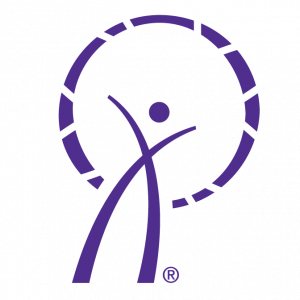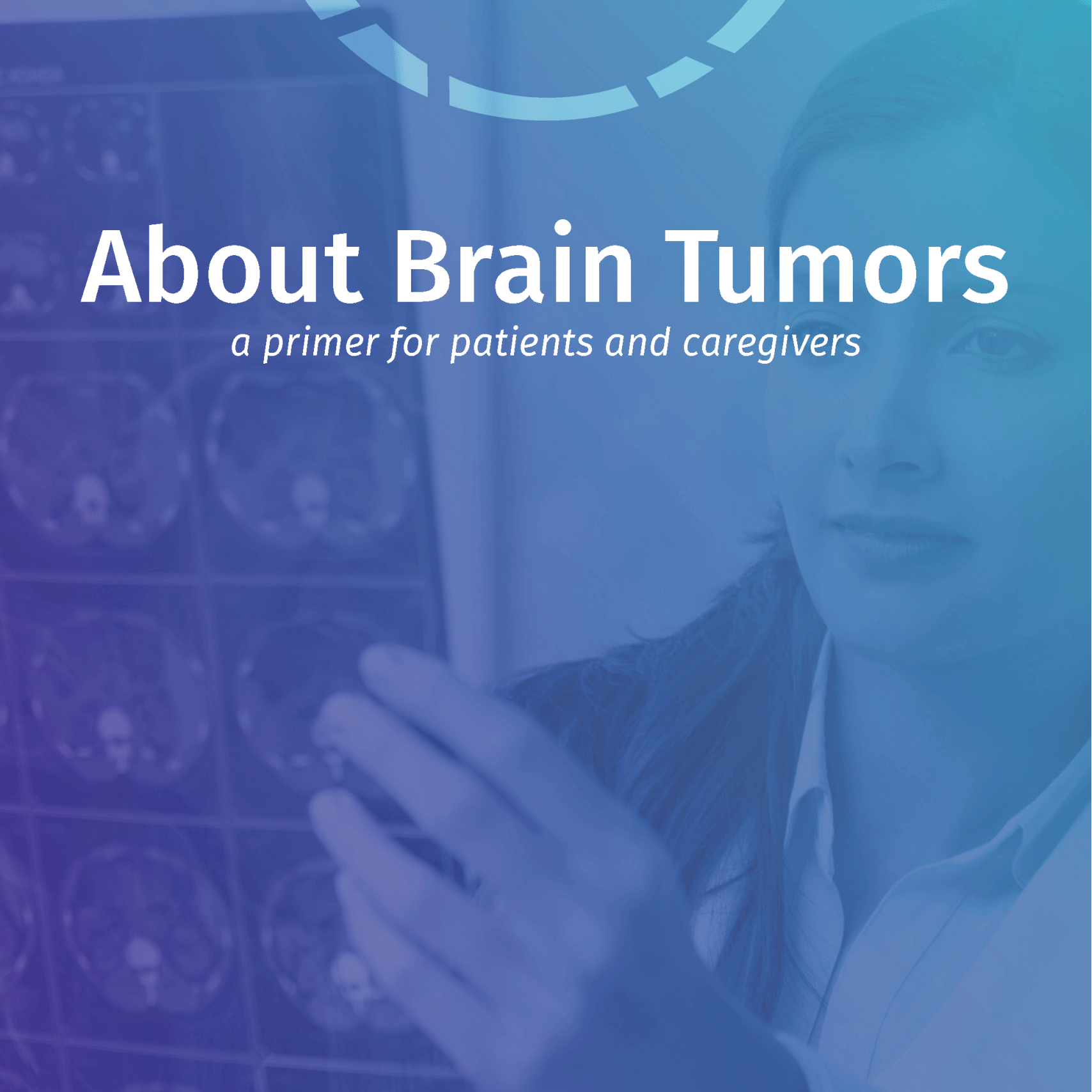Learn how to protect your emotional health as a caregiver for someone with a brain tumor. Get expert advice and actionable self-care strategies.
When someone you love is diagnosed with a brain tumor, your world changes overnight. As a caregiver, your time, energy, and emotions are often poured into supporting their treatment and well-being. But what about you?
At a recent ABTA National Conference, Dr. Jamie Jacobs, a clinical psychologist and caregiving researcher at Massachusetts General Hospital, shared insights into the mental and emotional needs of brain tumor caregivers — and how often those needs go unspoken.
Her message was clear: Caregivers matter, too. In fact, studies show caregivers may experience more anxiety than the patients they’re caring for. That’s why protecting your own mental health is not a luxury — it’s a necessity.
Here are three practical, expert-backed tips to help you cope and recharge.
🗣️ 1. Communicate Honestly — Even When It’s Hard
Caregivers often fall into a habit called “protective buffering” — hiding their worries or emotions to avoid upsetting the person they’re caring for. But this can backfire, leading to stress, isolation, and even resentment.
Instead, Dr. Jacobs encourages open and honest conversations. Sharing how you feel creates connection and strengthens your relationship, even during the hardest times.
Try this 3-part strategy:
- Fact: “When I see that you’re quiet or withdrawn…”
- Feeling: “…I feel worried and unsure about how to help.”
- Fair Request: “Can we talk more openly when things feel hard?”
If it feels awkward, remember: If the roles were reversed, wouldn’t you want to be let in?
🌱 2. Set a Realistic Self-Care Intention
Self-care doesn’t have to mean spa days or long getaways. It can be as simple as enjoying a favorite show, journaling, or walking around the block — as long as it’s something that’s just for you.
Dr. Jacobs suggests thinking creatively:
- Used to love traveling? Try a themed movie night with takeout from that region.
- Miss the gym? Stream a 10-minute stretch or walk around the neighborhood.
- Crave alone time? Schedule it. Then protect it like a doctor’s appointment.
The key is making it specific and realistic — not perfect. Set a goal, identify possible barriers (like time or guilt), and come up with a backup plan. You’re more likely to follow through when it’s on the calendar.
🤝 3. Build Your Support System — And Actually Use I
You may have friends and family who want to help — but don’t know how. That’s where you come in. Think of who in your circle is good at:
- Practical support (rides, errands, meals)
- Emotional support (listening, encouragement, presence)
Then, ask for help clearly and directly:
“I really need help picking up groceries this week.”
“I just need someone to talk to — can we catch up for 15 minutes?”
Also, challenge the guilt that says you have to do it all alone. Asking for help is not a weakness. It’s a strength — and a lifeline.
💙 You Deserve Support, Too
If you’re feeling anxious, burned out, or just stretched thin, you are not alone — and you are not doing anything wrong. Being a caregiver is incredibly hard, and your well-being is essential to being able to show up for someone else.
Start small. Start today. And let this be your reminder: Your mental health matters, too.
📘 Explore caregiver resources and mental health tools in this free Caregiver Handbook

























